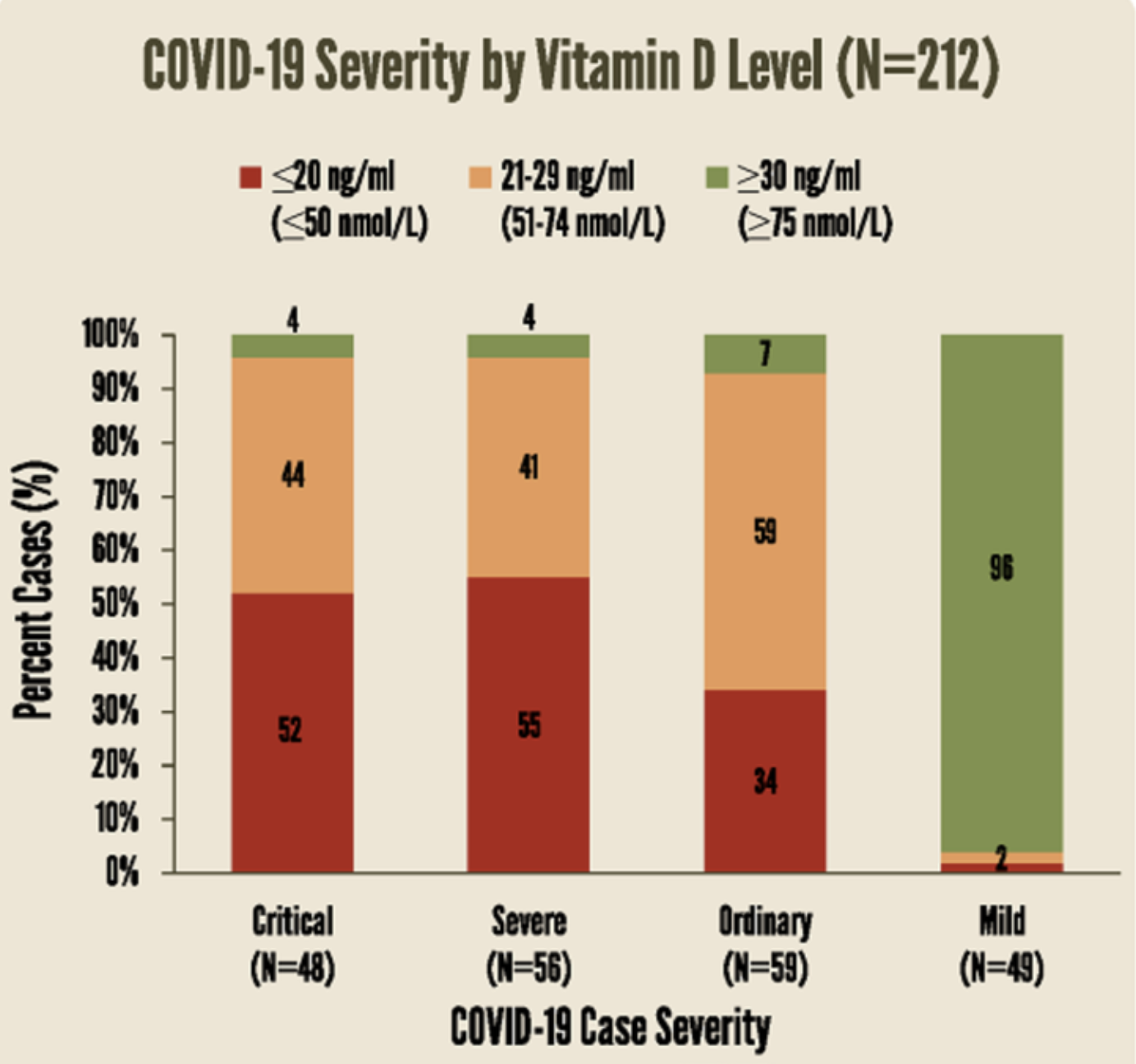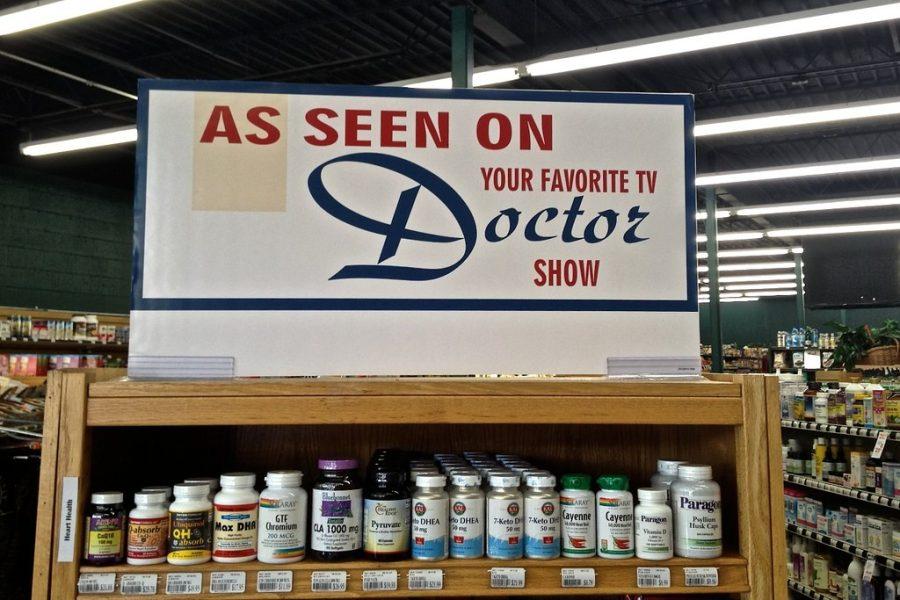As pretty much every state around the nation begins to open up in phases, it can sometimes be too easy to put the past behind us and forget about the nature of the highly transmissible novel coronavirus.
As of May 19, there have been over 1.5 million confirmed cases alongside 92,000 confirmed deaths in the U.S. The country as a whole has seen a downward trend in both cases and number of deaths recently, but as people start to venture out of their homes, this trend could very easily revert back upward.
RELATED: Some states report cases of pediatric inflammatory disease linked to COVID-19
A new study reports that vitamin D could be involved in the suppression of the overactive immune response related to severe COVID-19 cases. At low levels of the “sunshine vitamin” the immune system becomes overactive and a phenomenon known as a cytokine storm ensues.
Cytokines are a group of proteins released by our immune cells to help regulate our immune system and allow more interactions between cells. The overreaction known as the cytokine storm is when the immune system becomes too active and starts to attack the individual’s own body rather than the virus.
Certain cytokines can be deadly for the body’s tissues, so when they are produced in excess, they can cause tissue death and even organ failure. When looking at COVID-19, the cytokines attack the tissue in the lungs and disrupt its normal function, which can lead to an infection in the lungs.
This starts a dangerous cascade that can lead to the failure of other organs in the body as the lungs cannot function properly to provide oxygen for the rest of the body. Unfortunately for humans, vitamin D is found in very little foods in nature, so most people either rely on sunshine or a much easier bet of taking supplements.
When the body has sufficient levels of vitamin D, it can suppress the cytokine storm associated with COVID-19 and lower the odds of having a severe, and sometimes fatal, illness.
According to a study published in 2018, a sample population of 4,495 individuals was analyzed and nearly 42% of them suffered from a deficiency of vitamin D. They also found that vitamin D deficiency, like many other health outcomes, is heavily dependent on race. The same study concluded that in the sample of 4,495 individuals, 82.1% of African Americans had insufficient vitamin D levels.
When exposed to sunlight, the body can start to produce its own vitamin D. Experts typically recommend at least a few hours in the sun at the bare minimum per week to get the necessary levels of vitamin D, but it varies with age, skin type, time of day and season. However, prolonged sun exposure on a daily basis can pose other threats to the body such as melanoma, but this is an extreme scenario.

Source: Grassroots Health
The recommended daily dose of vitamin D is about 600 IU, which can be very easily achieved via supplementation.
The Cleveland Clinic reports that “the rate of infection and deaths appeared to be much higher in areas where people had lower amounts of vitamin D in their systems … especially significant in Europe.” They also recommend that “before anyone does anything, they should talk to their doctor,” similar to most other health interventions.
As this is both a novel virus and disease, further research is needed to bolster the relationship between vitamin D and COVID-19, but at present, the data suggests a potentially strong relationship. So that social-distance-friendly walk outside in the sun might not be a bad idea right now in the midst of all this craziness.
Follow Amit Syal on Twitter















